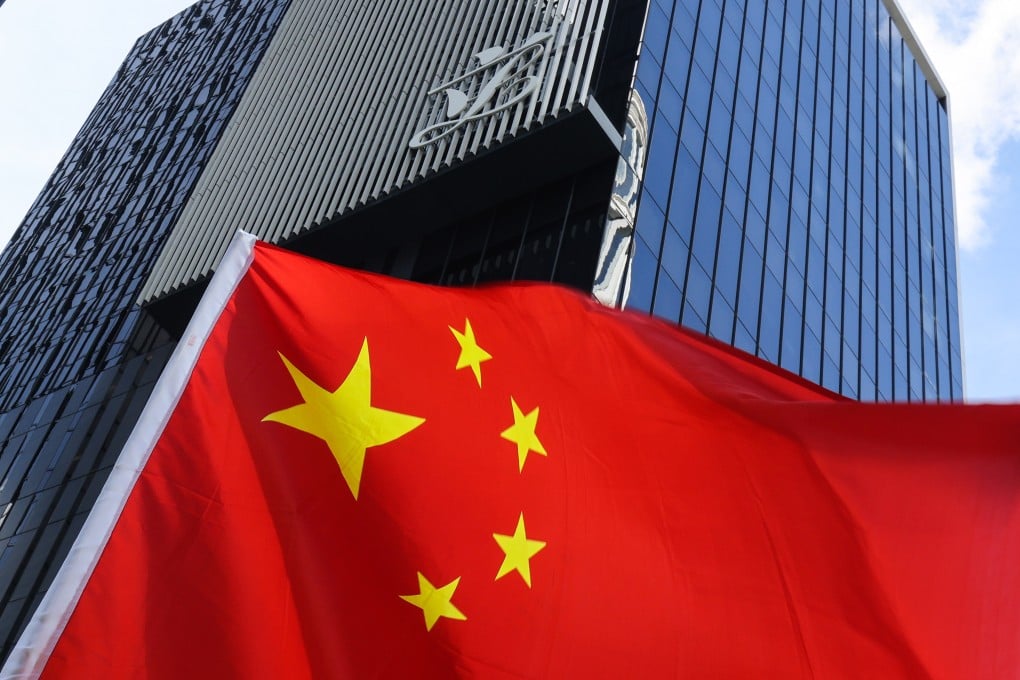Hong Kong’s plan to extend detention period of suspects in national security cases sparks concerns among rights experts
- Rights lawyer calls suggestions on extending detention and barring arrestees from contacting legal representatives ‘very concerning’
- Authorities said proposals were to allow more time for police investigation and prevent suspects from fleeing

Legal and human rights experts have expressed concerns over Hong Kong authorities’ proposals on extending the detention period of arrestees in national security cases, as well as other moves to stop absconders.
They also brought up other ideas, such as implementing measures to prevent absconding and tightening the threshold for the early release of inmates convicted of national security offences.
The paper referred to the United Kingdom’s National Security Act, which empowers police to seek a longer detention period from a judicial authority before laying charges.
Other UK laws allowing police to detain suspects in serious crimes for up to 14 days with judicial permission were also mentioned.
It also said the UK act enabled officers of certain ranks to bar arrestees from consulting a particular lawyer or delaying the meeting, and stipulated that individuals who were believed to be involved in foreign power threat activities could be subject to restrictions on residence, communication with others and movements.
The government also pointed to the United States, where passports of fugitives wanted for a criminal offence or prohibited from leaving the country could get revoked.